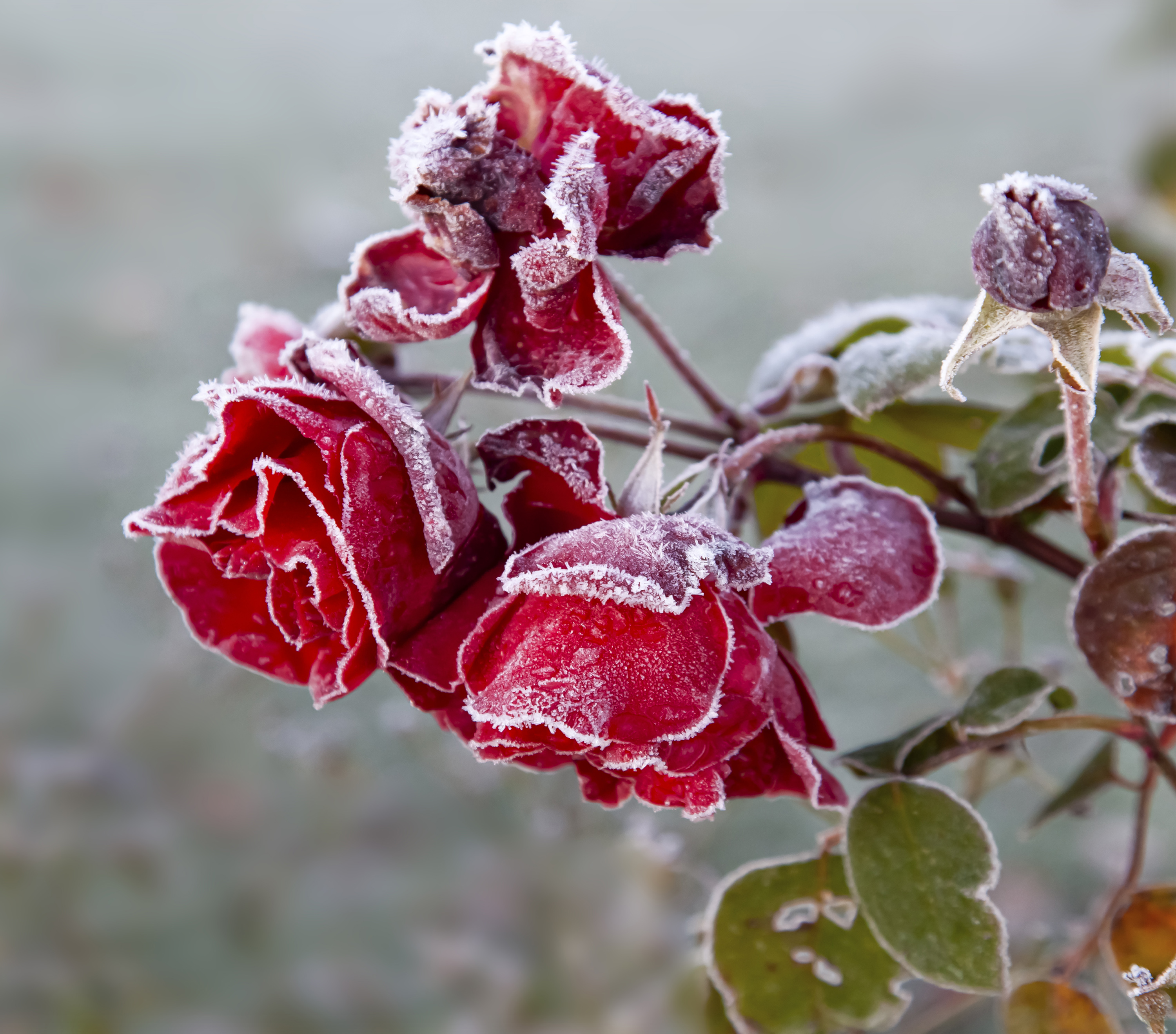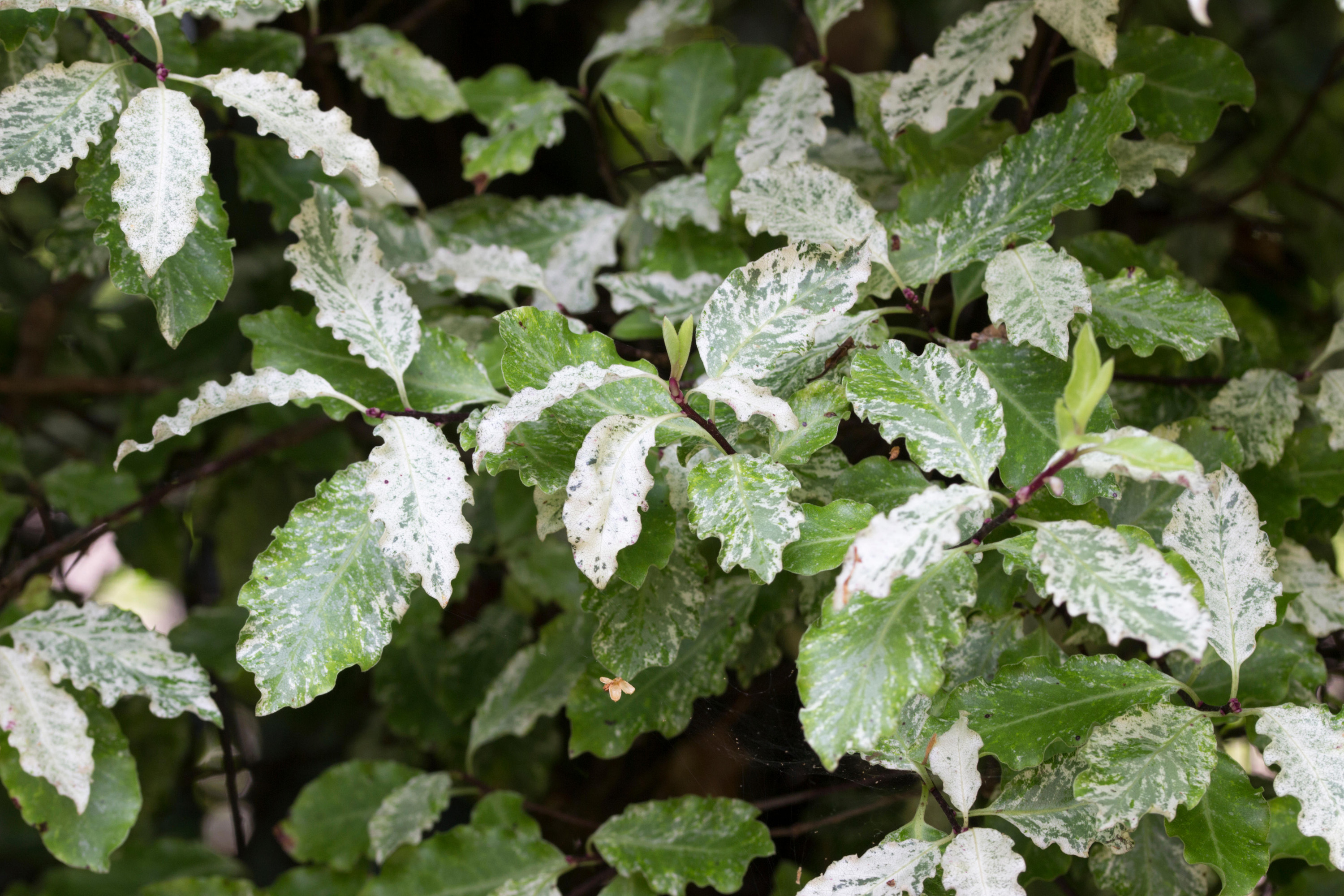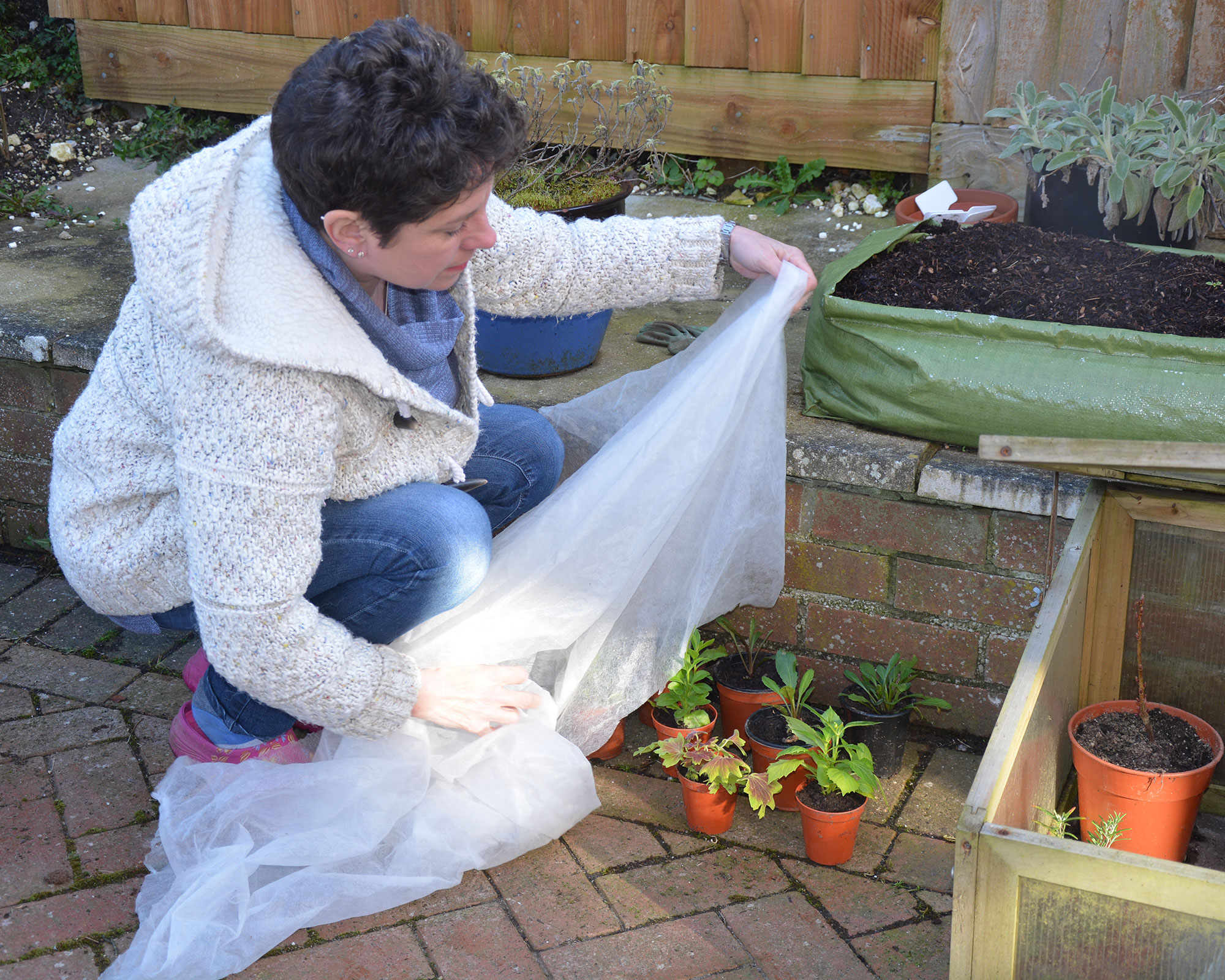Avoid using this material as plant frost cover – and what to use instead
Gardener Scott advises not to use this common material as plant frost cover – here's why

When protecting your plants from frosts, what's the first thing you do? Probably throw whatever you've got as a plant frost cover. As an emergency frost protection measure, a cover of some sort is a must, but does the material it's made from have an impact on its effectiveness?
It turns out that you actually need to be very careful to avoid one particular common material used when figuring out how to protect plants from frost – unless you take appropriate measures to ensure it doesn't come into contact with your plants during the period of frost (usually during the night and the morning after).

The material in question is thin clear plastic sheeting. It may make total sense to cover up your plants with plastic, but if it's thin enough, it will itself get very, very cold, as Gardener Scott explains in a recent YouTube livestream. If the plastic is 'touching the plant', the leaves will then 'have that frost damage' where it comes into contact with them, the gardening expert explains.
If you are using plastic, you can 'use it over hoops' as a longer-term protection or 'season extender' as Scott calls it, in which case you'll need to open it up during the day to prevent the plants from getting too hot and then draw it back over the plants at night again when it's frosty. This applies to bedding flowers and if you're growing vegetables in pots.

If you don't want a long-term structure like this, you'll need to think of something to prop up the plastic sheet with so that it doesn't touch your plants. 'Try to put something up over that area to support the plastic' – for example, bamboo stakes or milk jugs, 'the idea being that it's just temporary, it doesn't need to look good!' You could make it look good, of course if you set some plant supports aside while figuring out your climbing plant support ideas.
And actually, you don't have to use plastic. 'I'll throw a tarp', says Scott, or a blanket –anything that will help 'hold in some of that heat' from the ground and keep out the frost coming in. Again, it doesn't need to be fancy or specially designed for plants, and if it's not thin plastic, that's even better because you don't have to worry about the cover coming into contact with your plants.
Anna writes about interior design and gardening. Her work has appeared in Homes & Gardens, Livingetc, and many other publications. She is an experienced outdoor and indoor gardener and has a passion for growing roses and Japanese maples in her outside space.
